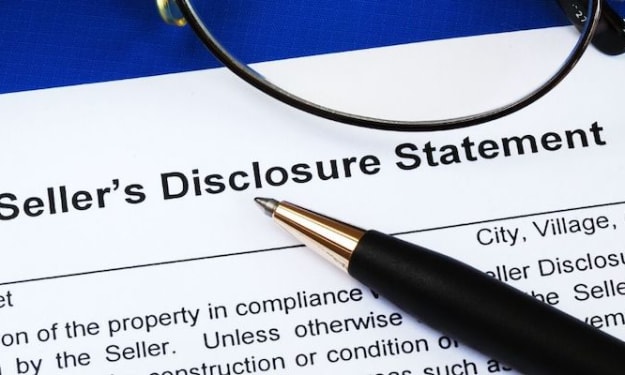Buying a Home After Divorce
Recommendations for home buying after divorcing.

Going through a divorce is difficult, putting a strain on your emotions along with your finances. On top of that, you will likely have to move home as well.
Purchasing a new home is a considerable financial step that you need to be careful about. And buying a home after divorce can add stress and problems to the process. We look at the things you can do to make home-buying easier and avoid making decisions you will come to regret, in the difficult circumstances after divorcing your partner. There are some excellent home buying tips to help you make good decisions. You also may be considering the option of buying versus renting a home which is always a consideration.
Take Your Time
You have the stress involved in the divorce process to deal with, you don't need to add to that by rushing into home buying. Take some time to consider where you want to live instead of trying to move on as quickly as possible.
It may be better to rent for a while, rather than committing to a house purchase which you will come to regret. You may want to continue to live in the marital home, but don't be determined to do so if it makes no financial sense. You could find yourself in a difficult position should you not be able to keep up with the mortgage payments.
Get a full understanding of your finances before you take the step to purchase. Breakdown your income and outgoings, so that you know how much down payment you can afford as well as the monthly mortgage payments.
There's a likelihood that your finances will have been affected following the divorce. You may have support payments to make and reduced investments, along with attorney fees to pay. This will change the calculation for the size of the loan you will be offered from lenders. Any lender will also want to see the paperwork, to make sure you can really afford the loan you need.
Separating Your Finances
You are likely to have comingled finances with your former partner, and separating them can be difficult. This could affect your credit rating which could make things more difficult when applying to a lender. There is also the emotional aspect and it is difficult to be objective.
Check your credit report to make sure things are as they should be, and contact the credit bureaus to correct any errors in your report. One issue is your name remaining on the mortgage agreement for the marital home when you no longer live there or own the property. This could have a negative impact when trying to qualify for another mortgage.
Improving Your Credit
It is common to find that your credit score isn't as high as you might have expected following a marriage split. Financial mistakes your partner made could have an ongoing effect on your score.
There are some things you can do to improve your rating, however. Improving your score will, not only, increase your chances of being approved for the loan you want, but you could benefit by paying less interest on the mortgage. If your score is lower than expected, do some research to find out how this can be improved in your situation.
Choosing a Mortgage
Make sure to check if you are eligible for mortgage programs that offer lower down payments or better interest rates. If you can cover the standard 20 percent down payment, you will avoid the expensive mortgage insurance payments which are normally added to monthly outgoings.
A good mortgage broker can help guide you towards a loan that fits your situation better. They could find you a mortgage that offers lower interest rates, with savings running into the tens of thousands over the course of the loan. There are often reasons why a buyer fails to get approved for a mortgage.
Only when you have your finances sorted out and your mortgage pre-approval ready, should you begin to search for a new home. This will make certain that you are only looking at homes within your budget.
Other factors to consider are how much is your down payment going to be on the property and how much earnest money deposit you will be putting down on the property. For the down payment and earnest money, you will need to be liquid.
The Right Home For You
When buying a home after a divorce, you need to carefully consider what you want your life to be like and what sort of home you are going to look for. The location is also going to be very important. It is very important to select a great neighborhood to reside in. Other factors to consider are the type of home you are considering. Are you looking at buying a condo or a single-family home? Owning a condo may have a home owner's association dues, and a single-family home may be a neighborhood with no homeowners association. Consider the amenities of the area as well.
Do you want to be as far away as possible from your ex-husband or ex-wife? Perhaps you have children, which will limit your options for the location to remain in the same school district. And what kind of neighborhood do you want to live in? These decisions will also be limited by your finances and pre-approval offer.
You will be helped in your search by a real estate agent which understands your situation. If you take the time to find an agent that is sympathetic to your circumstances, the whole process should be made easier and less stressful.
Final Thoughts
Overall, you should consider purchasing a new home if you are able to afford it. It will be beneficial for you to start your own life on your own and the lives of your children. Having a place to call your own will create stability and a place you can enjoy.






Comments
There are no comments for this story
Be the first to respond and start the conversation.